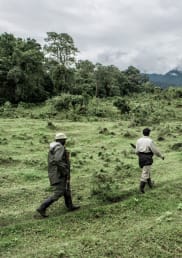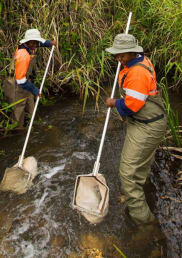Climate change, violence and young people: Report for Unicef UK
This Unicef UK commissioned report, co-authored by the Institute for Strategic Studies (IISS) and International Alert, adds to a growing body of research which emphasises the role of climate change and environmental stress as a ‘threat multiplier’ in terms of stability and security.
Both climate change and youthful population can shape the security environment and influence the risk of violence. Without adequate planning and preparation, these combined challenges could multiply security risks in regions already vulnerable to poor governance and social and political instability.
The risks that climate change and large youth populations can pose to the security environment intersect and reinforce each other. Areas where youth bulges will be present in the coming decades tend to have low resilience to climate-change impacts. The governance and economic conditions that limit climate resilience are associated with poor provision of basic services, including health and education, which contributes to high fertility rates and large youth populations.
Large youth cohorts can boost economic growth under the right conditions. However, they can also agitate, sometimes violently, for political change when their economic needs are not met, and climate impacts are likely to complicate economic growth and increase pressure on livelihoods. Unstable political environments also impair economic performance and limit the capacity to implement climate-adaptation measures, further increasing vulnerability to climate impacts.






